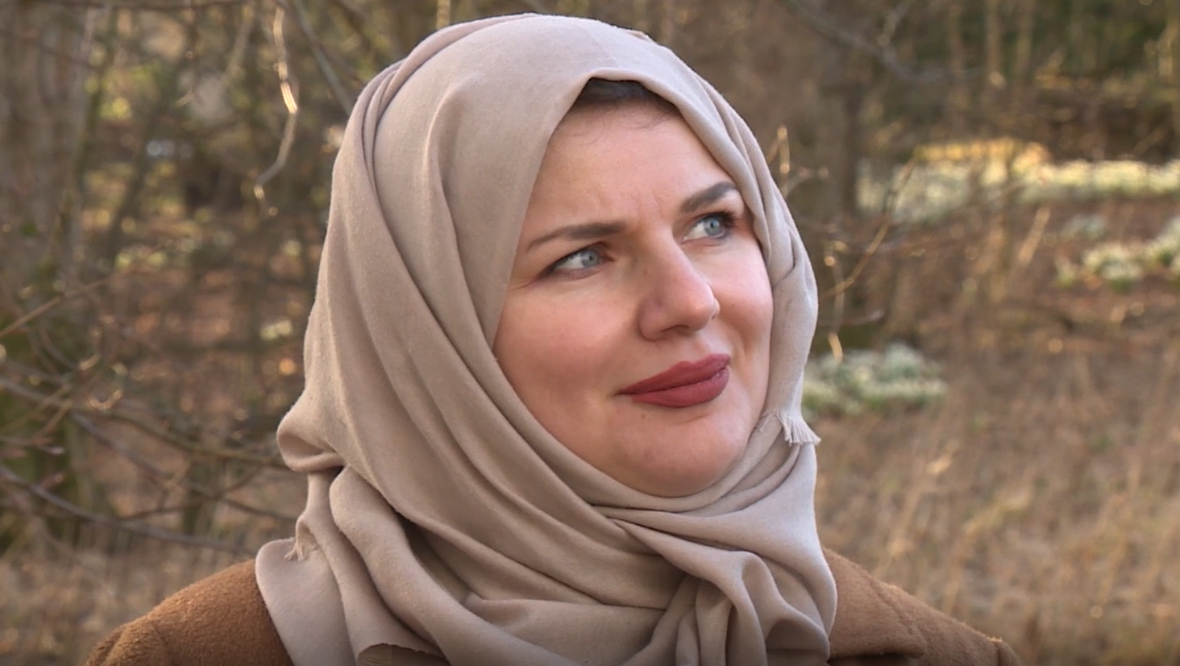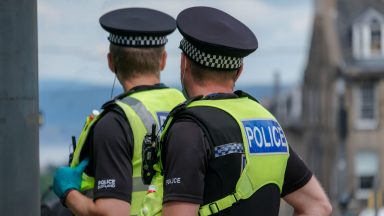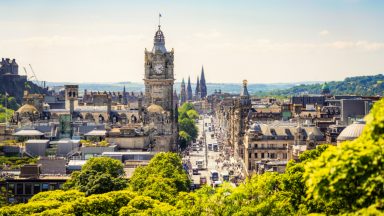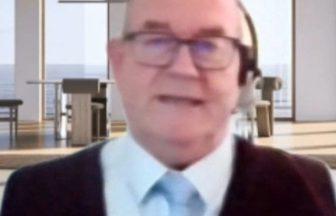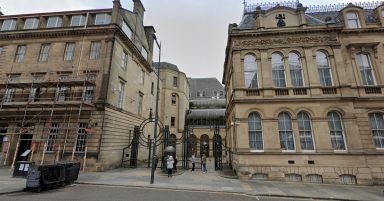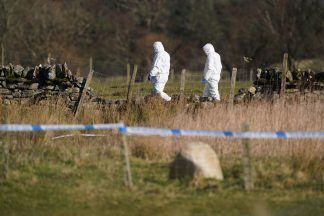Having fled fear and fighting to seek safety in Scotland during a pandemic has left many refugees at breaking point, a study has revealed.
While isolation and loneliness have affected people across the nation, a study has revealed those who have come to Scotland in the hope of building a better life have been given little support.
Waffa Alkiwfi and her family fled Syria after fearing for the lives of her children because of fighting, power cuts and no running water.
The family found safety in Dundee, found work, made friends and were learning the language – then coronavirus struck – cutting them off from most support.

Ms Alkiwfi said: “When we were first locked down it was very hard. I felt lonely and sad, not seeing my friends and going to city centre.
“I miss seeing people’s smiles. It’s more difficult to understand in English with people wearing masks.”
Mechanic Khaldoon Al Khayyit and his wife Faten Basher fled war torn Iraq, where lockdowns were part of life.
He told STV News: “It’s not different because when we were in Iraq there was militia and the same problem we stay in our house ten days maybe 20 days, the same problem, the same scare we can’t go outside.”

Research by Queen Margaret University has revealed the pressures of the pandemic has pushed many refugees to the brink.
Dr Alison Strang, author of the report, said: “The combination of the isolation and the lack of hope and the lack of opportunity to move on with your life is a recipe for really acute despair and poor mental health.
“For neglected population groups, such as refugees and asylum seekers, who have experienced significant disruption in their lives, this sense of ‘life hanging in the balance’ during a time of social isolation, can become unbearable.
“But many refugees, against the odds, are managing to keep the hope going, keep the family going.”
“But many refugees, against the odds, are managing to keep the hope going, keep the family going.”
Dr Alison Strang
The friends the families have made in Scotland have been a lifeline during lockdown.
Ms Basher said: “I have a friend Joyce. She helps me and I speak with my neighbour. In the morning when I open the window I speak with him a lot.”
William Scotland, the couple’s neighbour, said: “I have been helping him to speak English and he’s been helping me to speak some Arabic.”
Through volunteering, Ms Alkiwfi struck up a strong friendship with Anne Singleton – the families are now inseparable.
Ms Singleton said: “She would do anything for anybody. She’s really talented. She’s an amazing cook.
“She cooks me and my sister and our families an amazing carry out every Friday night which is wonderful. It’s just been an absolute joy to meet her so I feel very lucky.”
Despite losing so much in their lives these refugees say they are also lucky and, like so many, are looking forward to lockdown lifting and playing their part in the country they now call home.
The Chief Scientist Office Rapid Research into COVID-19 fund allowed research money to be made quickly available near the start of the pandemic to progress the Queen Margaret University research.
Follow STV News on WhatsApp
Scan the QR code on your mobile device for all the latest news from around the country


